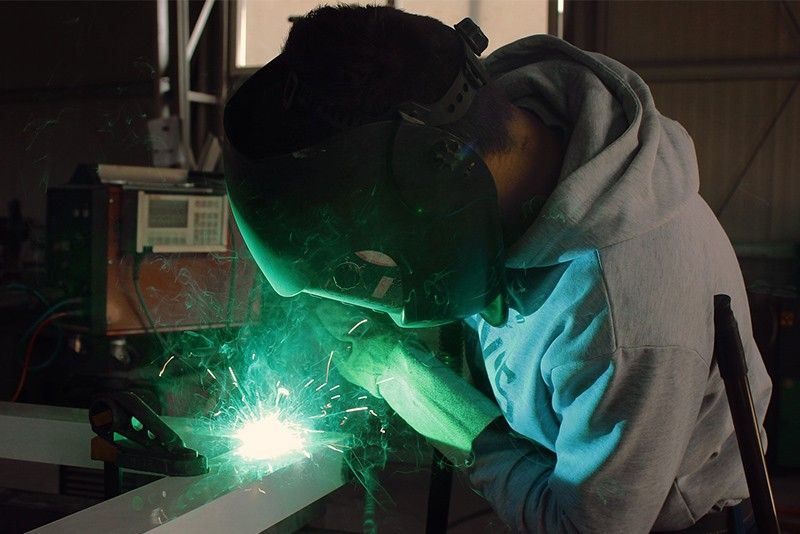Philippine factories buck COVID-19 threat

MANILA, Philippines — Bucking the impact of the coronavirus to the supply chain, business conditions for local manufacturers improved to a 13-month high in February even as their counterparts in China providing raw materials or processing inputs from the Philippines suffered a record drop, London-based IHS Markit reported Monday.
"Resilient" demand at home pushed the IHS Markit's manufacturing purchasing managers' index (PMI)-- a gauge of factory activity-- up to 52.3 in February from 52.1 in January.
A reading above 50 signals an improvement, while below that means deterioration for the sector. The index was collated through a survey of around 400 businesses based in the Philippines.
The acceleration in the Philippines' PMI is notable, particularly because China's own PMI slumped to a record-low in February as factories remained shut, following the outbreak of a novel coronavirus that is still yet to be contained.
The Philippines is part of the regional supply chain that delivers goods like semiconductors to China for assembling, and receives raw materials from Beijing for processing, so any disruptions on factory in Beijing may have serious local repercussions. “[P]anelists indicated that input deliveries out of mainland China had dented stockpiling and slowed the rate at which firms were completing outstanding orders,” IHS Markit economist Joe Hayes said in a statement.
Although a reading of 52.3 marked an improvement, the latest reading remained below the historical average.
That said, Hayes pointed out that local demand for Philippine goods remained healthy and while inventory build-up has slowed, there is still enough stock for future orders both in the domestic market and abroad.
“Firms are enjoying resilient demand conditions, both domestically and abroad, with anecdotal evidence suggesting that pipeline work remains sufficient to support the positive production trend in the near term,” he explained.
Broken down, new orders sub-index in February grew at its fastest rate since October last year, IHS Markit said, pointing out that “favourable” demand for Filipino-manufactured goods pushed up workloads and prompted companies to hire more workers to complete orders on time.
In the same month, exports expanded at their strongest since July 2018 as companies secured new clients and launched new products.
Further manufacturing output growth is seen over the next 12 months, although the risk consultancy warned that if COVID-19 continued to disrupt factory work, inventories may begin to dwindle and result into slower factory work.
“Ample pipeline work, aggressive sales targets and expansion plans underpinned the confident outlook,” Hayes said.
"Given that stocks of purchases have risen strongly in recent months, firms should have appropriate buffers in place to withstand delivery disruptions, but if they continue, production volumes could be adversely impacted,” he added.
- Latest
- Trending





























